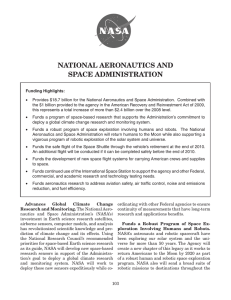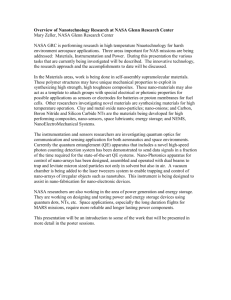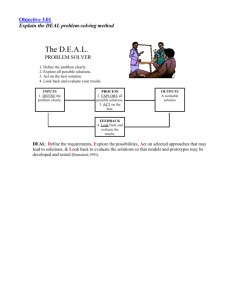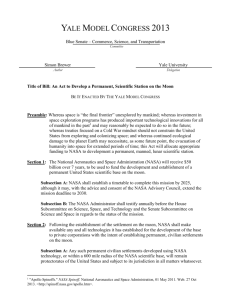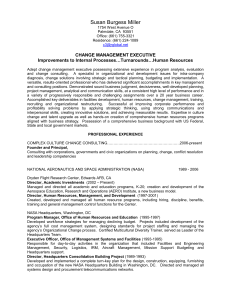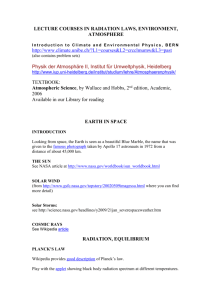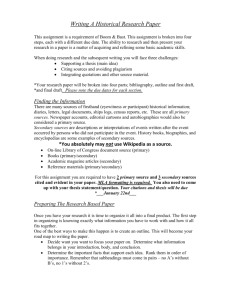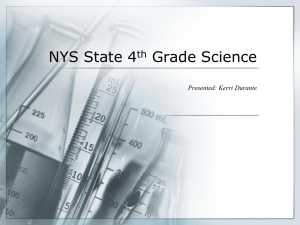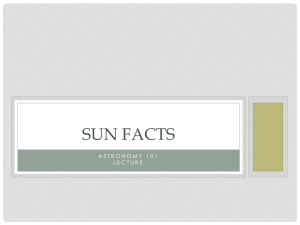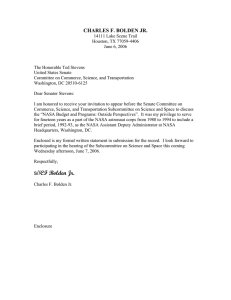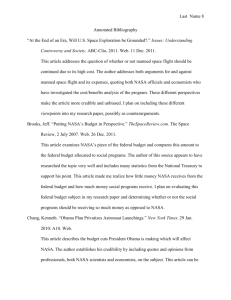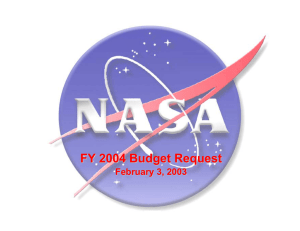click here.
advertisement
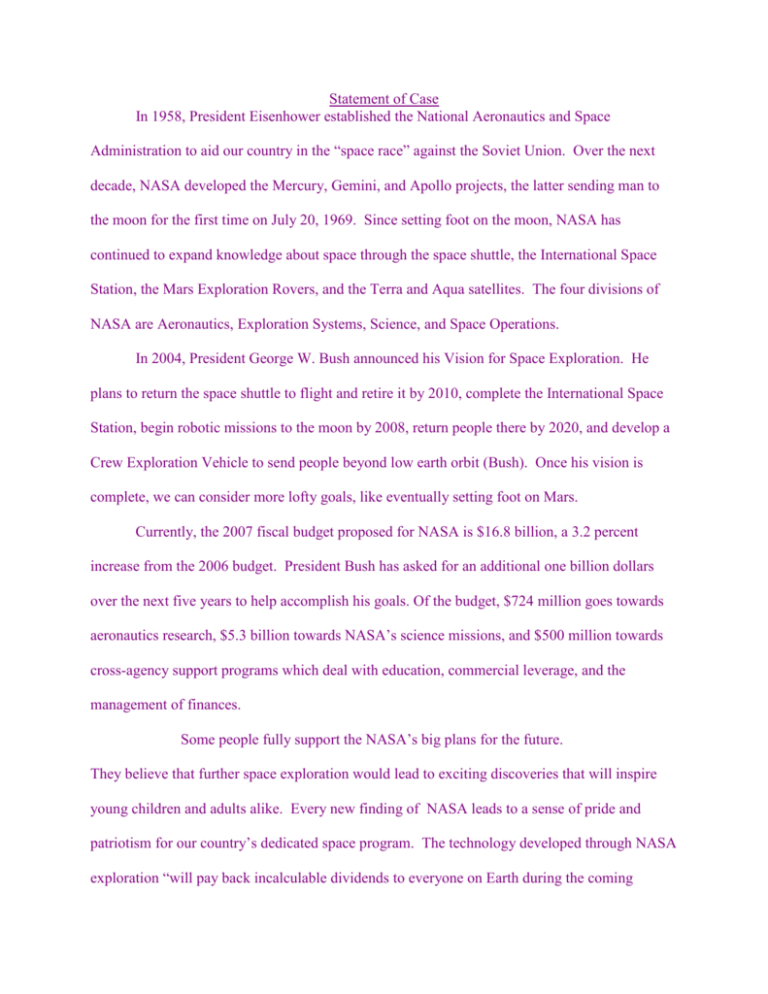
Statement of Case In 1958, President Eisenhower established the National Aeronautics and Space Administration to aid our country in the “space race” against the Soviet Union. Over the next decade, NASA developed the Mercury, Gemini, and Apollo projects, the latter sending man to the moon for the first time on July 20, 1969. Since setting foot on the moon, NASA has continued to expand knowledge about space through the space shuttle, the International Space Station, the Mars Exploration Rovers, and the Terra and Aqua satellites. The four divisions of NASA are Aeronautics, Exploration Systems, Science, and Space Operations. In 2004, President George W. Bush announced his Vision for Space Exploration. He plans to return the space shuttle to flight and retire it by 2010, complete the International Space Station, begin robotic missions to the moon by 2008, return people there by 2020, and develop a Crew Exploration Vehicle to send people beyond low earth orbit (Bush). Once his vision is complete, we can consider more lofty goals, like eventually setting foot on Mars. Currently, the 2007 fiscal budget proposed for NASA is $16.8 billion, a 3.2 percent increase from the 2006 budget. President Bush has asked for an additional one billion dollars over the next five years to help accomplish his goals. Of the budget, $724 million goes towards aeronautics research, $5.3 billion towards NASA’s science missions, and $500 million towards cross-agency support programs which deal with education, commercial leverage, and the management of finances. Some people fully support the NASA’s big plans for the future. They believe that further space exploration would lead to exciting discoveries that will inspire young children and adults alike. Every new finding of NASA leads to a sense of pride and patriotism for our country’s dedicated space program. The technology developed through NASA exploration “will pay back incalculable dividends to everyone on Earth during the coming decades” (Eicher). According to these people, NASA’s budget, though high, is well worth it because of all of the benefits for humans. Those who oppose NASA’s plans consider them to be a colossal waste of time and money. As one writer puts it, “What is the value of admittedly mind-blowing photographs of distant nebulae and galaxy clusters when weighed against the literally astronomical sums of money spent on maintaining a leaky space station, an antiquated and unreliable shuttle fleet, and a never-ending stream of hit-or-miss probes?” (Bonta). Those against publicly-funded space exploration believe that NASA’s yearly budget is robbing government money from more important aspects of life, like housing, healthcare, and transportation. In a world plagued with war, disease, poverty, and famine, any money our government spends on NASA could be better spent dealing with issues on our own planet. Statement of the Case In 1958, President Dwight D Eisenhower created the National Aeronautics and Space Administration, or NASA. Their mission was to explore the unknown: outer space. It was NASA who put the first man on the moon, and it was NASA who first launched the space shuttle in 1981 as the way to readily access space. Recently, two probes have been sent to Mars to explore the red planet, and it has constructed the International Space Station along with other countries. For over forty-five years, NASA has made major advances in the science of space exploration. The question at hand is whether the NASA federal budget is justified. The requested budget for 2007 was approximately 16.8 billion dollars, which represents only .7 percent of the federal budget. Over the past five decades, Americans have been very involved in the study of outer space, a vast place yet to be completely discovered. From the countless probes and cameras sent into space, not only have we learned what our neighboring planets, solar systems, and galaxies look like, but important scientific discoveries have been uncovered that have then been applied back to life on Earth. Some environmentalists and experts have suggested that while society continues to destroy the Earth’s resources, space contains abundant amounts of these same resources that could help our current global state. On top of the environmental benefits, there have also been over 1,500 spin-off technologies that have been put into daily use here on earth, such as the pacemaker, the TV satellite dish, and firefighter equipment. On the contrary, space exploration is notoriously dangerous and has launched several unsuccessful and fatal missions; missions such as these are considered a waste of money and a tragedy for the loss of human lives. This presents the real question: are the benefits of space exploration worth the cost?
